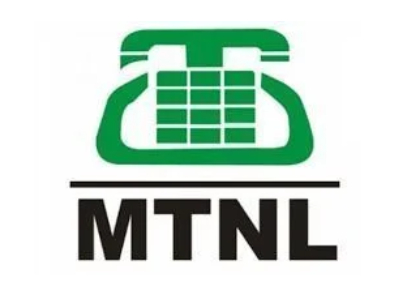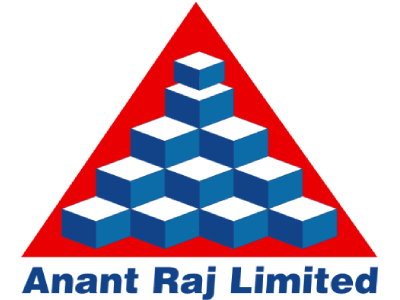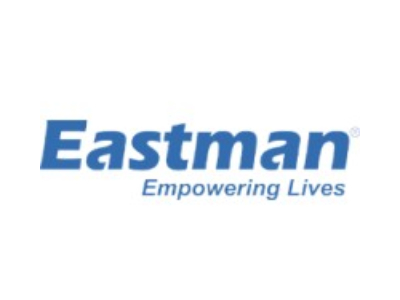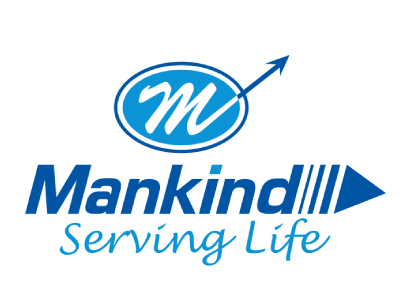Labour law
Labour law, also known as employment law or labor and employment law, is a legal framework that governs the rights and obligations of employers, employees, and labor organizations in relation to the employment relationship. It encompasses a wide range of legal principles, regulations, and statutes designed to protect the rights of workers, ensure fair and equitable treatment, and promote harmonious industrial relations. Labour laws vary between countries, but they generally cover areas such as employment contracts, working conditions, wages, social security, and dispute resolution.
It’s important to note that labor laws can vary significantly between countries and even within different regions or states. They are influenced by cultural, social, and economic factors, as well as historical and political contexts. Therefore, it’s crucial for both employers and employees to familiarize themselves with the labor laws applicable in their specific jurisdiction to ensure compliance and protect their rights. Consulting legal professionals or relevant labor authorities can provide further guidance and clarification on specific labor law issues.
Free Call Back by our Expert
Here are some key characteristics of a Labour law:
- Overview
- Benefit
- Registration Procedure
Labour law, also known as employment law or labor and employment law, is a legal framework that governs the rights and obligations of employers, employees, and labor organizations in relation to the employment relationship. It encompasses a wide range of legal principles, regulations, and statutes designed to protect the rights of workers, ensure fair and equitable treatment, and promote harmonious industrial relations. Labour laws vary between countries, but they generally cover areas such as employment contracts, working conditions, wages, social security, and dispute resolution.
Employment Contracts: Labour laws typically address the formation, terms, and conditions of employment contracts. These contracts outline the rights and obligations of both the employer and the employee, including provisions on working hours, remuneration, leave entitlements, and termination procedures.
Employment Contracts: Labour laws typically address the formation, terms, and conditions of employment contracts. These contracts outline the rights and obligations of both the employer and the employee, including provisions on working hours, remuneration, leave entitlements, and termination procedures.
Minimum Wage and Working Hours: Labour laws often establish minimum wage levels to ensure that workers receive fair compensation for their work. Similarly, they regulate maximum working hours, rest periods, and overtime provisions to safeguard employees’ health, safety, and work-life balance.
Health and Safety: Occupational health and safety regulations aim to provide a safe and healthy work environment for employees. Labour laws set standards for workplace safety, including measures for accident prevention, occupational health assessments, and the provision of personal protective equipment.
The registration procedure for labor laws can vary based on the specific labor laws and regulations applicable in a particular country or jurisdiction. Labor laws govern the relationship between employers and employees, ensuring fair employment practices and protecting the rights and interests of workers. Here’s a general overview of the registration procedure for labor laws:
Identify Applicable Labor Laws: The first step is to identify the labor laws that are relevant to your business or industry. Different countries have various labor laws covering aspects such as minimum wage, working hours, overtime, employment contracts, social security, and more.
Company Registration: Before employing workers, ensure that your company is legally registered with the appropriate government authorities. This typically involves obtaining a business license or company registration certificate from the relevant agency.
Obtain Necessary Permits and Licenses: Depending on the type of business and industry, you may need specific permits or licenses related to labor regulations. For example, certain industries may require health and safety permits, factory licenses, or contractor licenses.
Employment Contracts: Ensure that all employees have written employment contracts that comply with the labor laws of your jurisdiction. The contracts should clearly outline the terms and conditions of employment, such as wages, working hours, benefits, and termination procedures.
Register with Social Security Institutions: In some countries, employers are required to register with social security institutions and contribute to social security schemes for their employees. This includes contributions to pensions, healthcare, and other social benefits.
Compliance with Minimum Wage Laws: Ensure that you comply with minimum wage laws, paying your employees at least the legally mandated minimum wage or the prevailing wage rate for the industry.
Health and Safety Compliance: Comply with health and safety regulations to ensure a safe working environment for your employees. This may involve conducting risk assessments, providing safety equipment, and implementing safety protocols.
Record-Keeping and Reporting: Maintain accurate records of your employees’ working hours, wages, and other relevant information as required by labor laws. Some countries may also require periodic reporting on labor-related matters.
Employee Benefits and Leave Policies: Implement employee benefit programs and leave policies that align with labor laws. This may include provisions for paid leave, maternity leave, sick leave, and other statutory benefits.
Stay Updated on Labor Law Changes: Labor laws can undergo revisions and updates, so it’s essential to stay informed about any changes in labor regulations that may impact your business.
It’s important to note that the registration procedure and compliance requirements for labor laws can vary significantly from one country to another. Therefore, it’s crucial to seek professional legal advice and guidance to ensure that your business complies with all applicable labor laws and regulations.
Customer Reviews
VITIKA MAKAJI
Trademark Objection
- Verified Customer
04 May 2023
Good follow up.
SWETHA D
DIN eKYC Filing
- Verified Customer
12 May 2023
Goood
HARIHARAVIJITHA M
Trademark Registration
- Verified Customer
04 May 2023
nice
VITIKA MAKAJI
Trademark Objection
- Verified Customer
04 May 2023
Good follow up.
Our Clients







